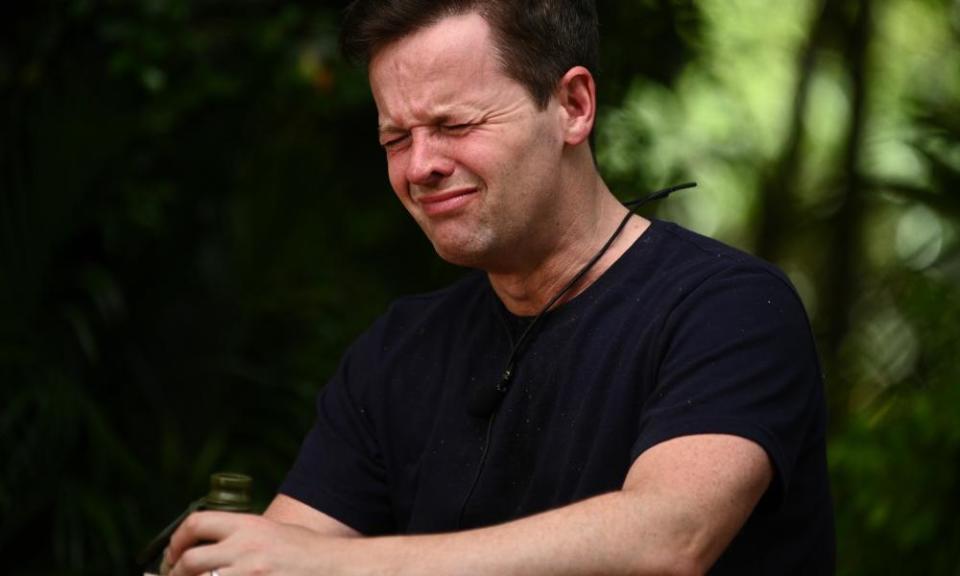Forget I’m a Celebrity – it’s good to eat bugs

As well as the ecological impact of using non-native insect species in this year’s I’m a Celebrity… Get Me Out of Here! (If bugs escape I’m a Celebrity ‘they could cause severe problems’, says Chris Packham, 26 November), let’s not forget the damaging impact that the show has on the perception of entomophagy – the practice of eating insects.
It may be a hit with viewers, but this carnivalesque treatment of entomophagy, whereby contestants retch at the thought of eating a cockroach milkshake, is outdated, offensive to the millions of people globally who consume insects as part of their diet, and an obstacle to achieving part of a healthier and more sustainable food system. Insects contain almost 80% less saturated fat than the equivalent meat protein and it takes just 1-10 litres of water to produce high-welfare edible insect protein, compared with 22,000 litres to produce the equivalent weight of intensively farmed beef.
I conducted the first academic study in the world where school-aged children were invited to taste insect protein and learn about the benefits. What I found was not horror or disgust when students tried their bug bolognese, but requests for extra portions and a desire to make more sustainable food choices.
Dr Verity Jones
University of the West of England

 Yahoo Finance
Yahoo Finance 